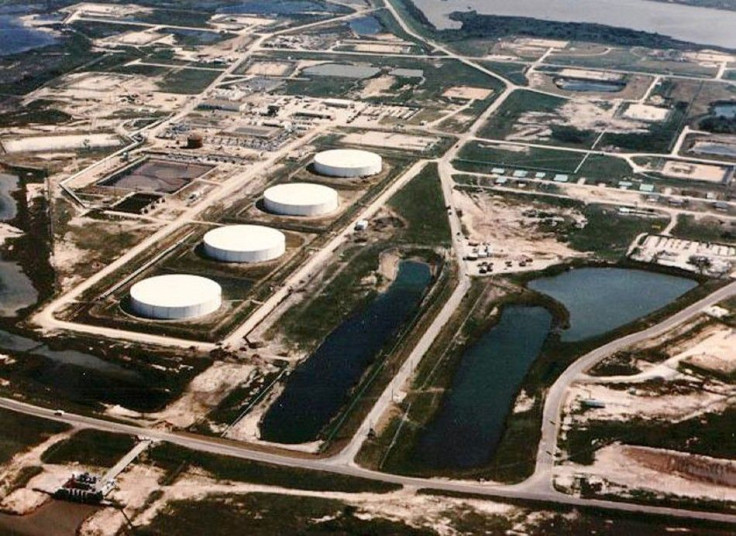Petroleum Trade Group Offers Energy Policy Tips To Both Parties

In a joint presentation to both Republican and Democratic party platform committees, the American Petroleum Institute, the largest petroleum industry-backed trade group, released a series of recommendations it would like to see implemented by the next presidential administration.
The group has been a staunch supporter of domestic energy development and investment, and it has made repeated calls for Washington to implement a course correction in the nation's energy policy.
The question is not whether we will continue to need oil and natural gas. We will. The question is: Will we use our own vast energy supplies or rely on others? API president Jack Gerrard said.
In its report to both parties, the API called for the immediate approval of the Keystone XL pipeline; an end to proposed taxes on the energy industry; the opening of the eastern Gulf of Mexico, the Atlantic outer continental shelf and the Pacific outer continental shelf, parts of the of the Alaska National Wildlife Refuge and portions of the Rocky mountains to natural gas and oil drilling; the lifting of the moratorium on fracking in New York; and a timely review of proposed energy projects on federal lands.
The API has often accused the Obama administration of not processing drilling permits quickly enough to entice energy development, and it has slammed Washington for the falling number of drilling rigs on federal lands.
The Obama administration, however, has countered that overall, rig counts are higher than they've been in years.
As part of its report, the API called for regulatory policy that bases its rules on what it called sound science, regulations that consider economic impacts and are based on legitimate cost-benefit analyses.
It also called for a common sense regulatory approach that accounts for any overlap in regulations between state and federal regulators.
The API also called for a more efficient and timely permit process to encourage investment in U.S. offshore projects, and it also called on the federal government to step up its lease sales to improve development of U.S. oil and natural gas on public lands.
The API also asked that Washington let the market dictate the development and growth of new and possibly alternative energy sources rather than legislate subsidies for certain fuel industries.
The list of proposed policies comes on the heels of a hydraulic fracturing conference the industry group held Monday in Washington, D.C., as it ramps up its efforts to shape the dialogue on the nation's energy needs during the presidential campaign.
The Western Hemisphere, the API argues, is slowly becoming the world's hub for energy development with large deposits being found in Brazil, the U.S. and Canada.
Energy geopolitics are rebalancing -- and the Western Hemisphere, with the U.S., Canada and Brazil, is at the forefront, Gerrard said. This is not a vision of America at the mercy of other oil-producing regions, or an America threatened by scarce resources, but of an America that holds the reins to her energy security and future prosperity.
© Copyright IBTimes 2025. All rights reserved.




















